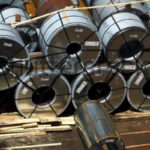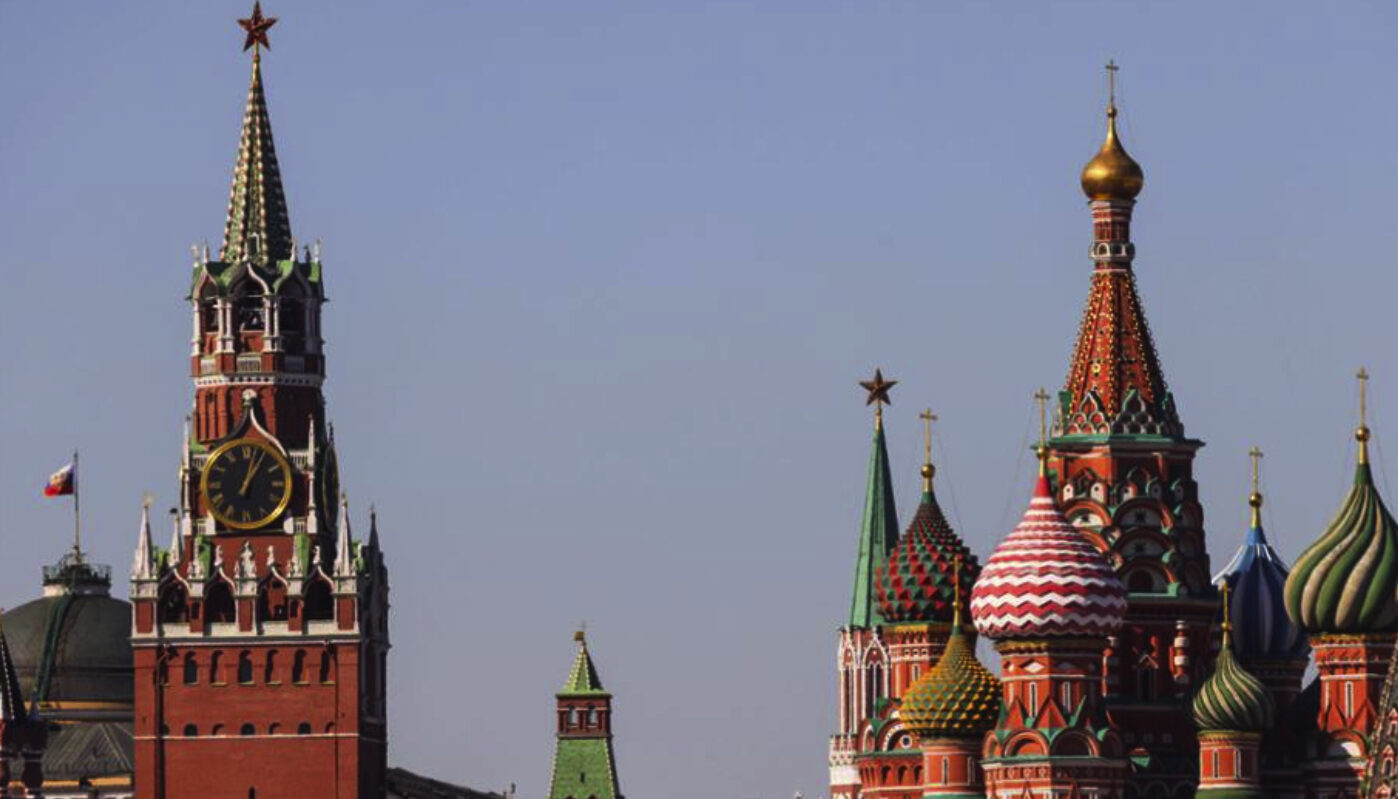Russian Steel Raw Materials Imports by the EU in 2024
Steel Import Volume and Value Overview
In January-June 2024, the European Union imported 2.87 million tons of steel raw materials from Russia, amounting to €1.4 billion, according to Eurostat data.
Semi-Finished Products Dominate Imports
The bulk of these imports consisted of 1.71 million tons of slabs and billets, worth €886.98 million. Key consumers included Belgium (677.51 thousand tons), Italy (355.32 thousand tons), Denmark (282.33 thousand tons, +1.7% y/y), and the Czech Republic (230.24 thousand tons, +18.8% y/y).
Pig Iron Imports and Key Markets
Pig iron imports amounted to 515.22 thousand tons, generating €208.89 thousand in revenue. Italy (371.55 thousand tons) and Latvia (82.7 thousand tons, +95.9% y/y) were the primary destinations.
Ferroalloys and Other Key Imports
Ferroalloy imports surged by 74.3% to 42.67 thousand tons, with a value of €93.63 million (+37.7% y/y). The Netherlands accounted for 76% of these imports (32.58 thousand tons, +99.1% y/y). Scrap imports totaled 17.38 thousand tons (€9.21 million), while iron ore imports reached 9.36 thousand tons (€1.33 million).
Growth in DRI Imports
Direct reduced iron (DRI) imports totaled 579.17 thousand tons, valued at €198.14 million.
Market Trends and Risks
The EU’s reliance on Russian steel imports persists due to competitive pricing and limited sanctions. The European Commission has eased restrictions on slab imports, raising concerns that pig iron import restrictions may also be lifted. Meanwhile, Ukraine, as a future EU member, is well-positioned to replace Russian products.
Decline in Russian Steel Imports in 2023
In 2023, the EU reduced iron and steel imports from Russia by 39.5% compared to 2022, with volumes decreasing to 4.8 million tons and costs falling 38.5% y/y to €2.4 billion. Semi-finished products made up 69.4% of total imports.



